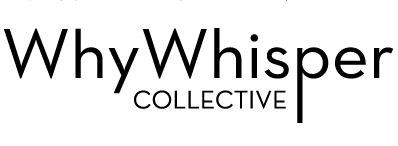We’ve all experienced it - that moment when we realize we are no longer able to give our best. As social entrepreneurs and nonprofit leaders, we work tirelessly to drive our cause or project to the next funding goal or deadline. When exhaustion sets in, it's an unwelcome barrier to finishing the kind of inspired, fresh work we know we are able to deliver as our best selves.
Here are five practices to keep your brain at its best, regardless of how many long hours you’re putting in:
1. Read a book
According to a new study from Emory University, reading a gripping novel often causes the brain to “transport” into the body of the protagonist. This can cause shifts in the part the brain associated with receptivity for language, as well as the primary sensory motor region of the brain - leading to heightened connectivity.
2. Take some time off
Every seven years, designer Stefan Sagmeister closes his New York studio for a year-long sabbatical to spend time renewing his creative outlook. In his recent TED talk, he shares the power of finding new inspiration by taking time away from regular routine.
3. Do one thing one at a time
Research has found the human brain incapable of multitasking. Instead, it switches between tasks quickly, and expends valuable energy as a result of doing so in succession. In contrast, doing one thing at a time saves the brain's energy supply and enables it to produce higher quality work.
4. Feeling tired? Get creative
When you are tired, your brain is less efficient at filtering out distractions and focusing on particular tasks. This is usually considered a negative thing. But it it can be positive when it comes to taking on creative tasks. A tired brain is more likely to make new connections, accept unfamiliar ideas and think in new ways.
Try your most creative tasks before you fall asleep at night, or during your typical "low energy" time during the day. You may be surprised by the creativity that unexpectedly flows out of you!
5. Take a nap
If you feel that you require a nap…take one! Studies have shown improvement in creative thinking, cognitive function, and memory performance as a result of afternoon naps. It is also possible that taking a short nap after learning information speeds up the process by which information is retained. Here’s a study explaining why.
Have something to add? Tell us in the comments and we'll share it with our followers!
(Creative Commons photo from Flickr user jgoge)


